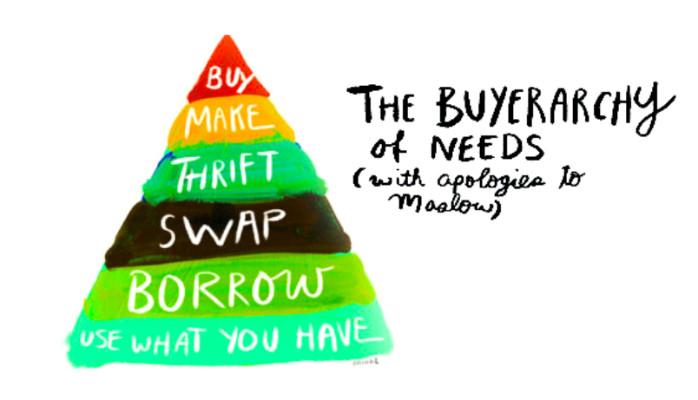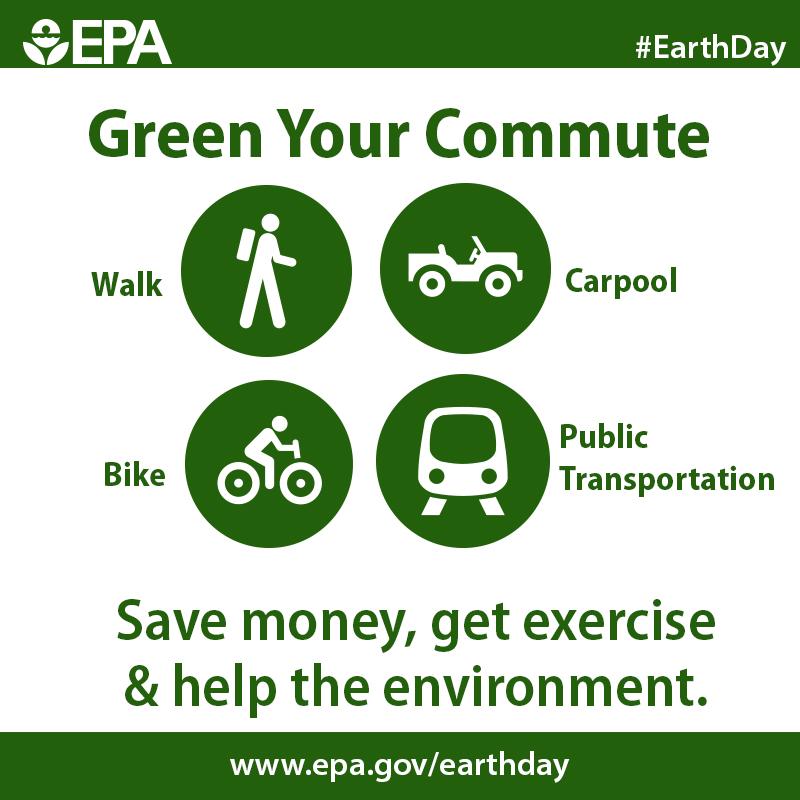In a world that increasingly values sustainability, understanding the potential of eco-friendly habits is essential.
Rethinking Your Routine
Small changes in your daily routine can lead to significant improvements in environmental sustainability. By implementing eco-friendly habits, you not only reduce your carbon footprint but also contribute to a greener planet.
Conscious Consumption
Eco-friendly habits often begin with the way you consume. Opt for reusable bags, containers, and water bottles instead of single-use plastics. These changes may seem minor, but they collectively make a substantial difference.

Energy Efficiency
Adjusting your energy consumption is another vital step. Switch to LED light bulbs, unplug devices when not in use, and consider investing in energy-efficient appliances. These measures reduce your electricity usage and lower greenhouse gas emissions.
Green Commuting
Changing your transportation habits can significantly impact the environment. Carpooling, biking, or using public transport are eco-friendlier alternatives to solo car commuting. If possible, explore remote work options to cut down on daily commutes.

Sustainable Shopping
Embrace sustainable shopping practices. Prioritize products that are made from recycled materials, support local businesses, and choose eco-friendly brands. These choices promote a greener market and drive positive change.
Waste Reduction
Waste reduction is a cornerstone of eco-friendly living. Composting, recycling, and reducing food waste are effective ways to minimize your ecological footprint. They also help conserve resources and reduce landfill waste.

Green Gardening
If you have a green thumb, apply eco-friendly gardening practices. Use organic fertilizers, conserve water, and plant native species. Your garden can be a sanctuary for local wildlife and a carbon sink.
Educate and Advocate
Share your eco-friendly journey with others and encourage them to follow suit. Education and advocacy are key to creating a larger, sustainable impact on the environment. Inspire change within your community.
Experience the Difference
Our team has embraced eco-friendly habits and noticed positive changes in our lives. We consume with consciousness, enjoy lower energy bills, and feel a sense of fulfillment in contributing to environmental protection.
Join the Movement
Eco-friendly habits are more than individual choices; they are collective actions toward a sustainable future. Start with these small changes, and watch as they lead to a more eco-conscious and fulfilling lifestyle.
